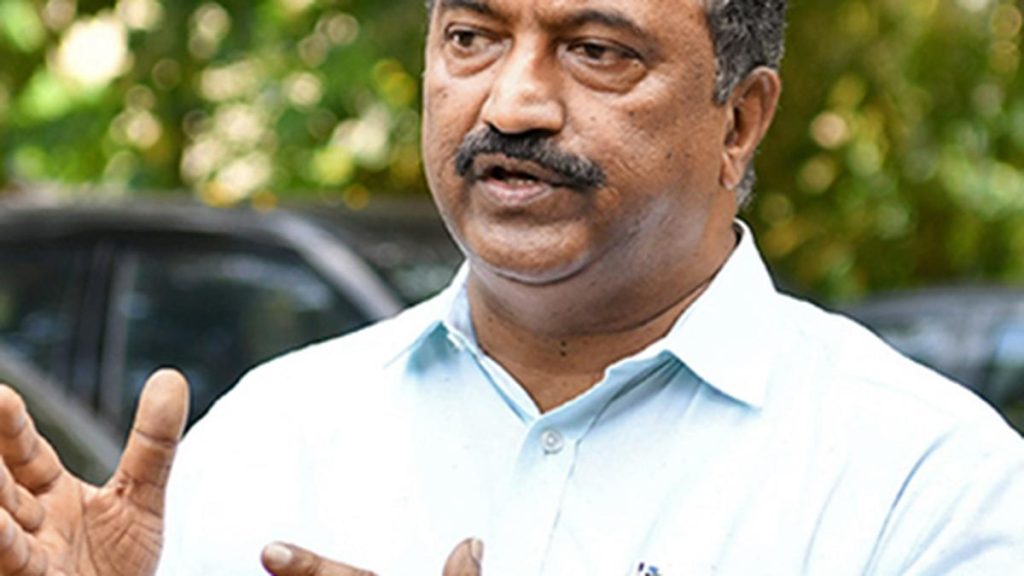Now Reading: Tamil Nadu Calls for IGST Settlement Report Action at GST Council
-
01
Tamil Nadu Calls for IGST Settlement Report Action at GST Council
Tamil Nadu Calls for IGST Settlement Report Action at GST Council
Speedy Summary
- Tamil Nadu Finance Minister Thangam Thennarasu participated in the 56th GST Council meeting in New Delhi.
- The council agreed to implement the report of Committee of Officers on Integrated Goods and Services Tax (IGST) Settlement by December 2025, as emphasized by the Tamil Nadu government.
- mr. Thennarasu welcomed GST rate rationalisation reforms, including exemptions for individual life and health insurance services but raised concerns about safeguarding the State’s revenue.
- He suggested either continuing with a cess provision through a Constitutional amendment or increasing tax rates for sin and luxury goods through an amendment to the GST Act.
- The Minister supported mechanisms such as:
– Automated sanction of provisional refunds for exports.
– Simplified registration processes for small and low-risk businesses to promote ease of doing business.
- Mr. thennarasu expressed optimism regarding future consideration of Tamil Nadu’s suggestions on extending the compensation cess period, which is currently set for an additional two-to-three months starting October 31, 2025.
Indian Opinion Analysis
The developments from the recent GST Council meeting reflect progress towards greater fiscal efficiency while attempting to balance competing priorities between Union policy decisions and State revenue protections. Tamil Nadu’s insistence on implementing IGST settlement reforms signals its focus on equitable tax distribution across states-an issue critical to India’s federal structure.
The support extended by Thangam Thennarasu toward rate rationalisation and streamlined measures like automated refunds illustrates alignment with broader national goals of simplifying compliance while encouraging investment and export growth. However, his concern over State revenues highlights ongoing tension about resource allocation under shared taxation mechanisms like GST.
Amending provisions around sin goods taxation points towards pragmatic revenue-generation strategies without burdening essential goods or services-a move that could find resonance among other states with similar concerns.
These discussions are significant as they underscore how States continue to navigate their financial autonomy within india’s unified tax framework while contributing meaningfully to nationwide economic reform initiatives.
—
Read more at The Hindu.

























